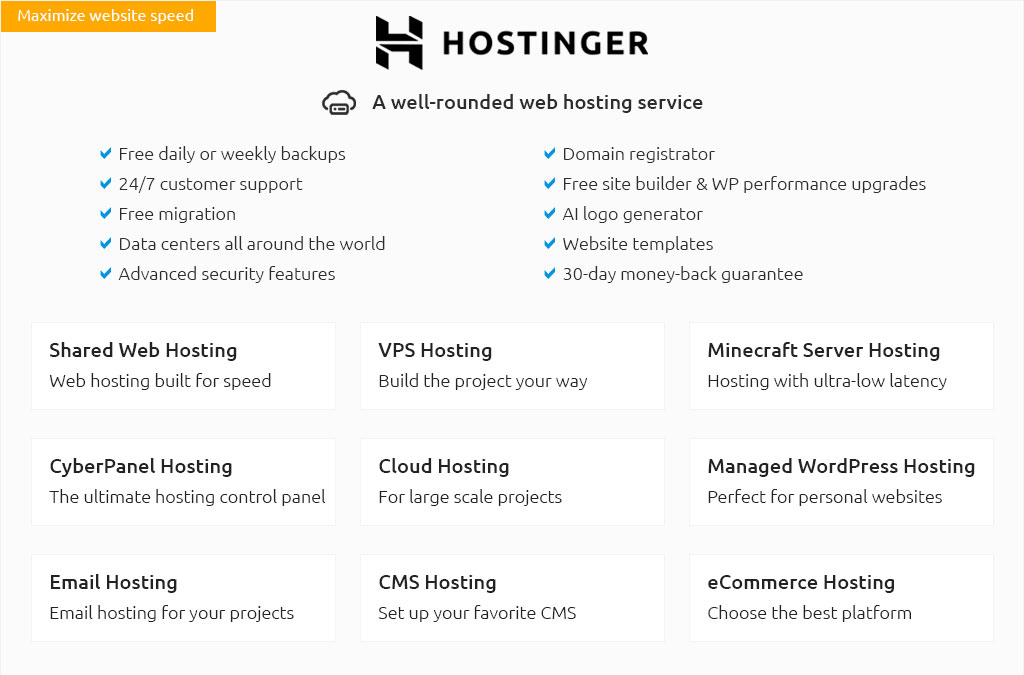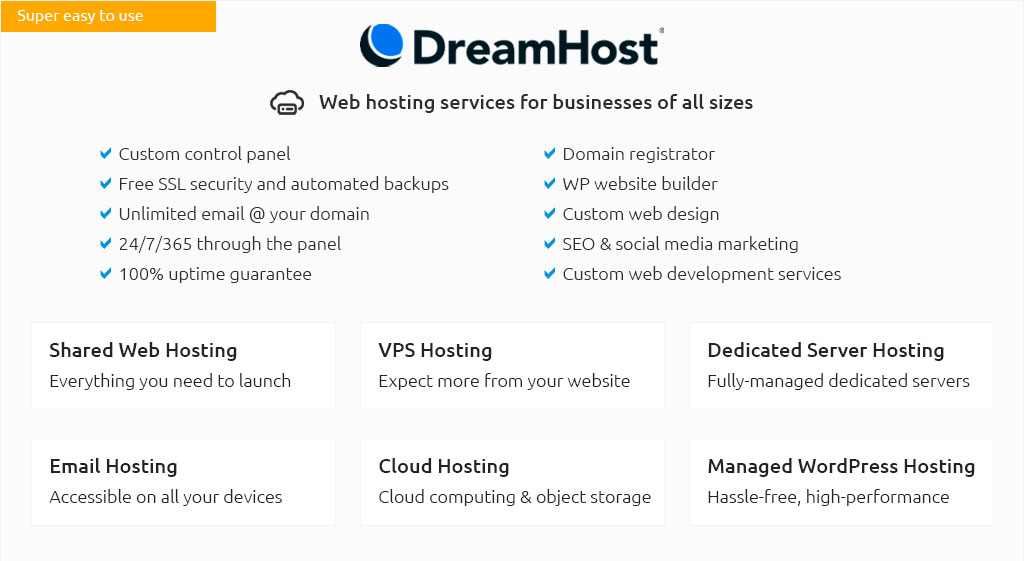 |
|||
 |
 |
 |
|
 |
|
 |
 |
 |
|||
 |
|||
 |
|||
 |
|||
 |
 |
Understanding Dedicated Server Pricing: What to ExpectIn the vast and ever-evolving world of web hosting, dedicated servers occupy a special niche that commands attention. They offer unparalleled performance, reliability, and customization options, making them a preferred choice for businesses with high traffic or specific server requirements. However, understanding the pricing structure of dedicated servers can be a labyrinthine endeavor. This article aims to unravel the complexities of dedicated server pricing, providing insights into what factors influence the costs and what one should realistically expect when venturing into this realm. First and foremost, it is crucial to acknowledge that dedicated servers are not a one-size-fits-all solution. The pricing varies significantly depending on numerous factors, such as hardware specifications, bandwidth, and additional services. At the core of dedicated server pricing is the hardware. Servers equipped with the latest processors, ample RAM, and robust storage solutions, such as SSDs, naturally command higher prices. For instance, opting for a server with a state-of-the-art Intel Xeon processor and 128GB of RAM will set you back considerably more than a more modest configuration. Another critical component of pricing is bandwidth. Businesses with high traffic demands or those offering data-intensive services must consider the cost implications of bandwidth. Typically, dedicated servers come with a specified amount of bandwidth per month, and exceeding this can lead to hefty overage charges. Therefore, it is advisable to accurately assess your bandwidth needs before committing to a plan. Beyond the basic hardware and bandwidth, additional services such as managed hosting, security features, and technical support play a significant role in the overall cost. Managed hosting, where the provider handles server maintenance and updates, offers peace of mind but at a premium. Similarly, enhanced security measures, such as DDoS protection and advanced firewalls, can add to the monthly bill but are often deemed essential for businesses that handle sensitive data.
In conclusion, when evaluating dedicated server pricing, it is vital to consider both the immediate and long-term needs of your business. While the allure of cutting-edge hardware and extensive features is tempting, it is essential to balance these desires with budgetary constraints. Ultimately, understanding the nuances of dedicated server pricing will empower you to make informed decisions that align with your business objectives and financial plans. https://www.fastcomet.com/dedicated-servers-pricing
Fully Managed Dedicated CPU Servers. Now with free domain for life and free website transfer on all plans. https://aruba.it/en/server-price-list.aspx
See the Aruba Dedicated Server offer in the provided price list. https://www.ovhcloud.com/en/bare-metal/prices/
... Pricing View our simple, accessible pricing; Public Cloud free trial Try out our solutions at no cost; Savings Plans New Opt for a 1 to 36 month subscription ...
|